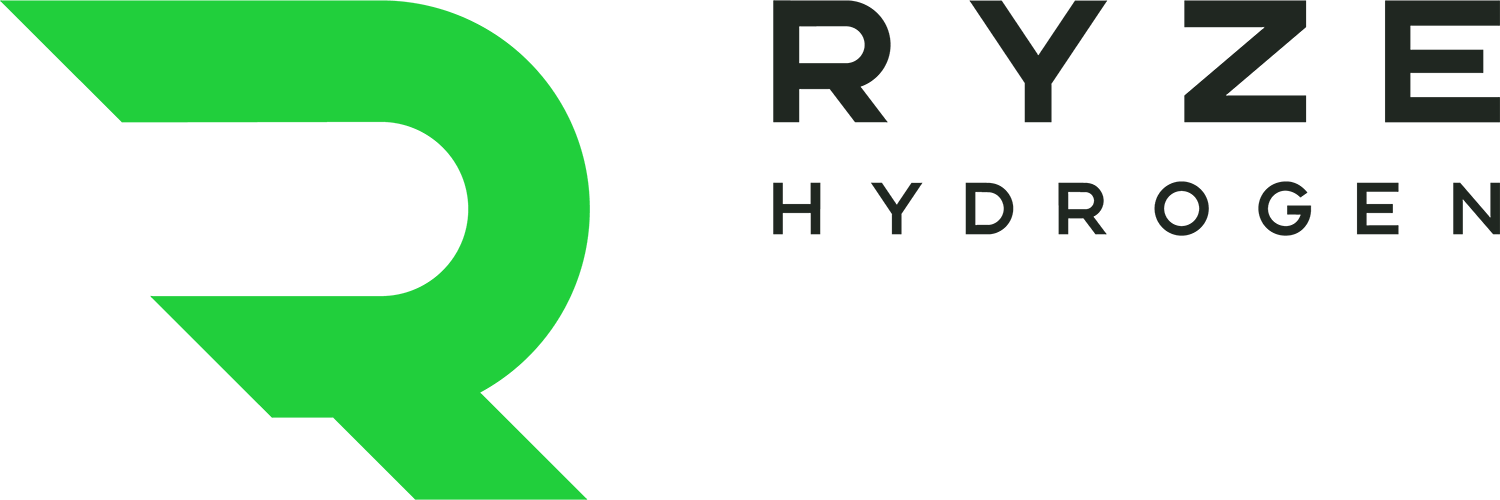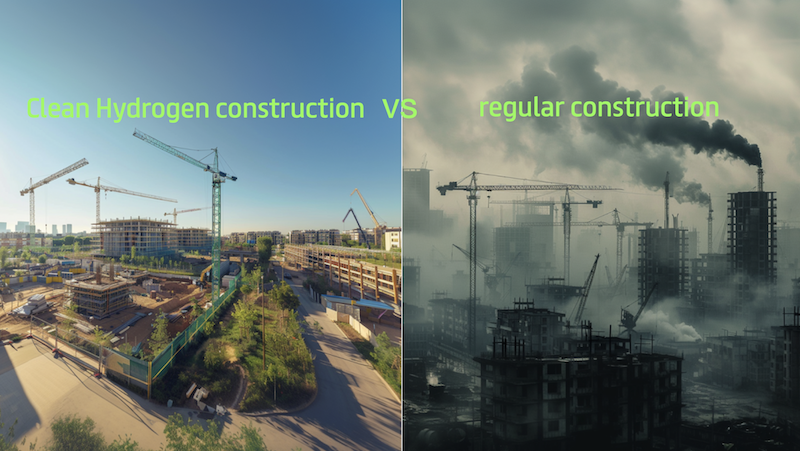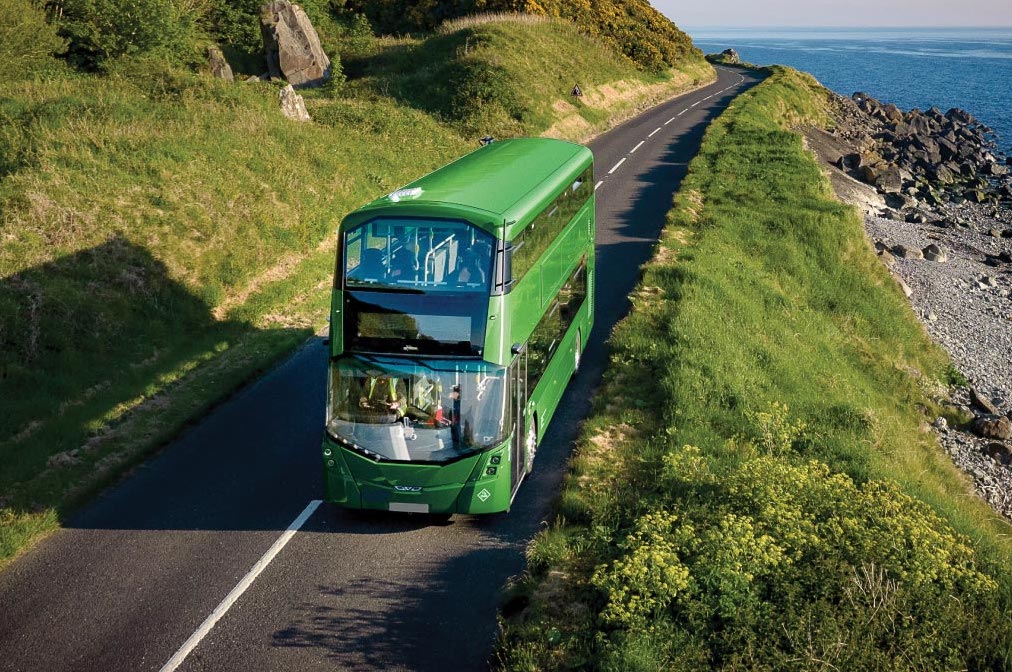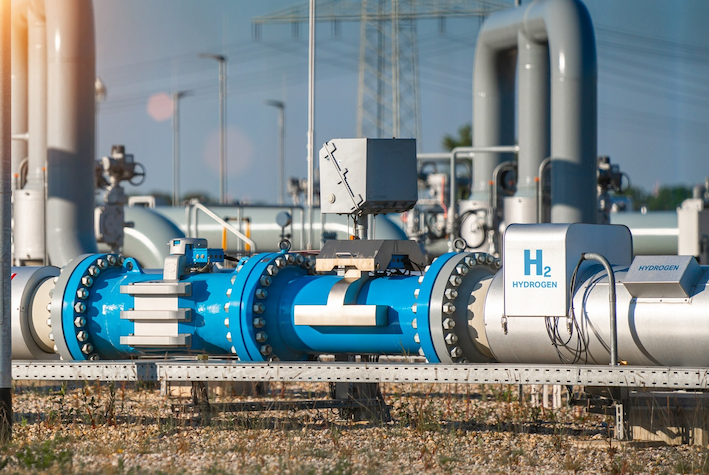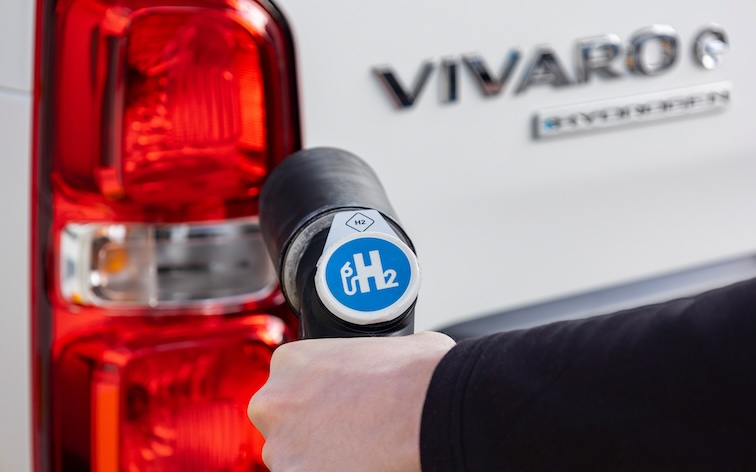Clean energy plans are moving forwards for the first German pipeline that will transport one million tonnes of green hydrogen, directly from the North Sea to mainland European from 2035.
Shell, Gasunie, RWE and Gascade are partnering on the massive AquaDuctus project, and have all signed a declaration of intent.
Once construction is complete, the AquaDuctus green hydrogen pipeline will make a significant contribution towards the decarbonisation goals of the German and European energy strategies.
The project also forms part of a greater vision for Germany’s ongoing investment in hydrogen.

Germany were one of the first countries to adopt a Hydrogen Strategy and are considered one of the most proactive countries in hydrogen investment
In a scheme of connected sub-projects, demand, generation and transport of hydrogen will be synchronised in order to enable swifter market roll-out. This holistic approach to the hydrogen economy will enable Germany to boost their economy, create thousands of green jobs, and slash emissions.
The pipeline initiative is planned to support a new project aiming to install 10GW of electrolysis capacity for green hydrogen production, powered from offshore wind between Dogger sand bank and Heliogoland .
The AquaDuctus pipeline is a tentpole project for European and German hydrogen strategies, providing numerous economic advantages to support the integration of hydrogen.
In addition to being by far the most cost-effective option for transporting large volumes of energy over distances of more than 400km, the green hydrogen pipeline will also replace five High Voltage Direct Current transmission systems, which would have to be built.
Feasibility studies for the AquaDuctus project are underway.
